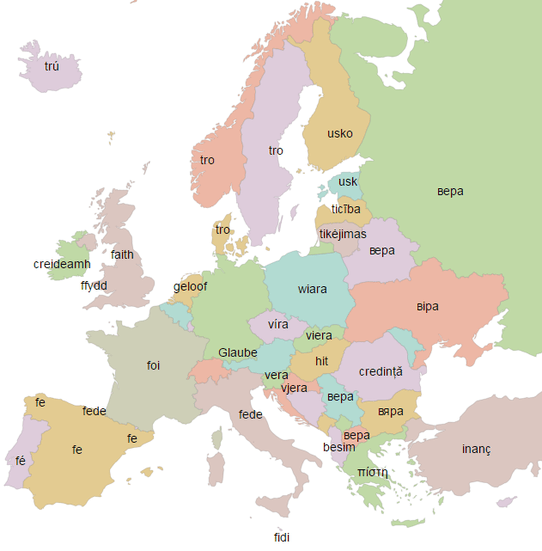For by grace you have been saved through faith. And this is not your own doing; it is the gift of God, not a result of works, so that no one may boast. Eph 2:8-9 (ESV)
The Bible clearly teaches that we are saved by grace through faith alone… but many people have twisted up this simple truth. Often, if you ask someone how he knows that he’s a Christian, his response will start with faith, but then his focus drifts to his own works. Here is an example from John Piper as he responded to the question, “How can I know I’m saved?”
[Read More]







